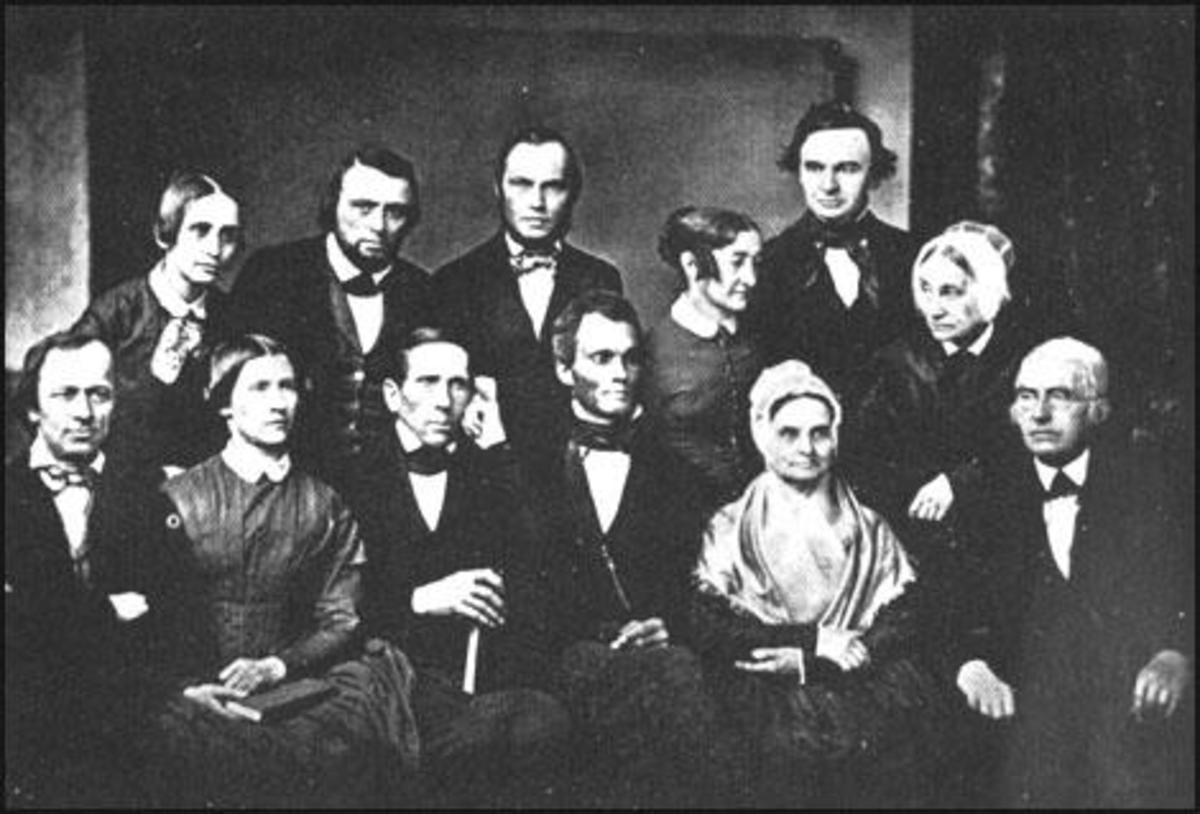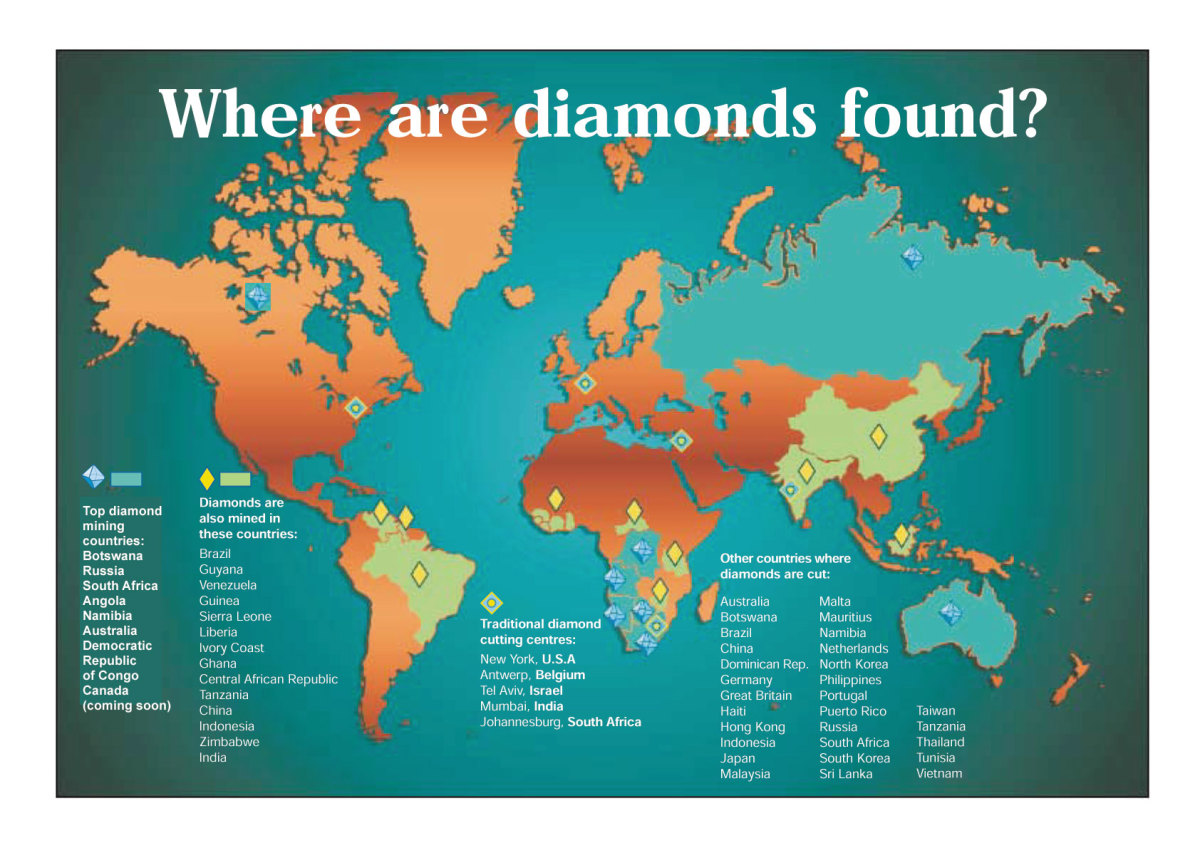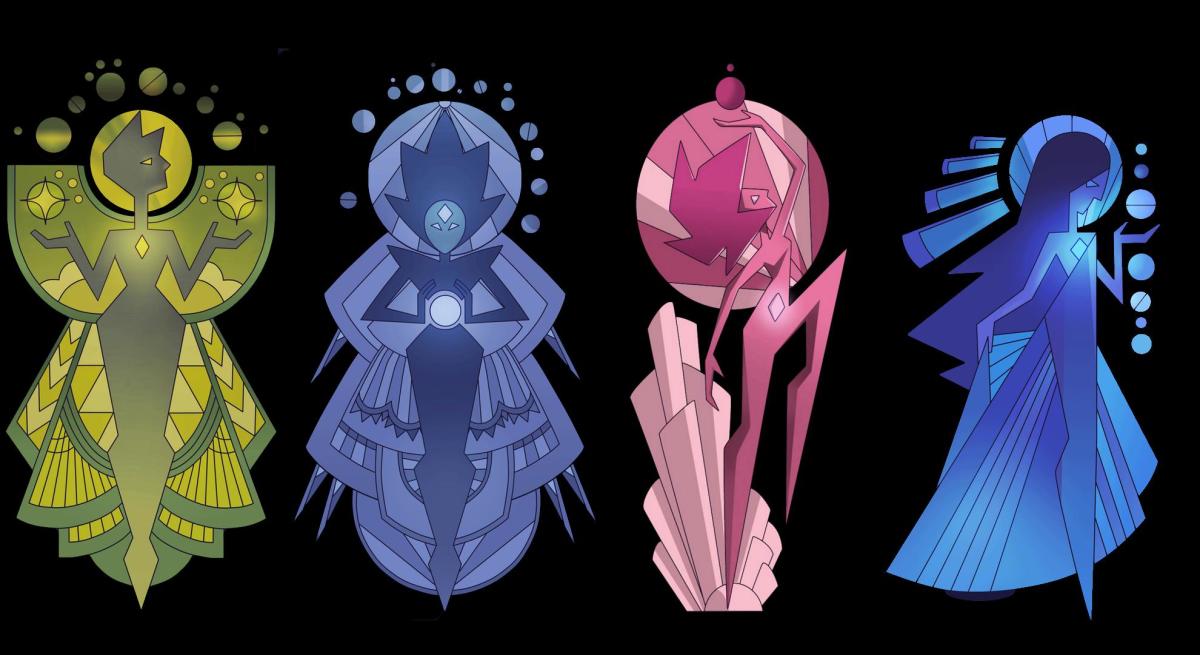History's Biggest Lies: 5 Historical Misconceptions That You May Not Believe Are False
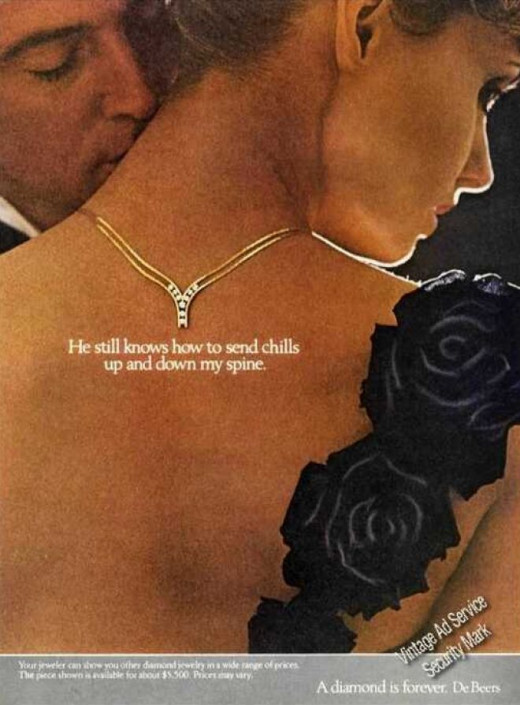
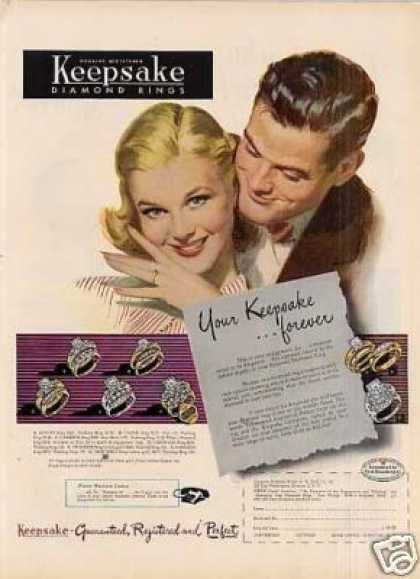
1 - Diamonds are rare and precious stones...
… one of the most expensive lies ever told.
Contrary to what you might think, these sparkling gems are not expensive because supply exceeds demand. Rather, the reason why they are so costly is because the De Beers Company, based in Johannesburg and London, holds a monopoly over 90% of the diamonds in the world. As such, they are able to artificially inflate prices by two to four times. Such a substantial mark up in prices sets diamonds apart from other precious metals and stones.
Historically, diamonds were never really that popular. In fact, by the mid-twentieth century, the diamond industry was dying in America.
It was the marketing genius of a man called Gerold Lauck, who has hired by De Beers, that popularized diamonds as the iconic symbol of love and engagement which they are today.
Numerous lawsuits have been filed against the De Beers Company by Federal courts in the USA. Accusations have included the unlawful monopolization of diamonds, with the intent to rise and control market prices. Misleading advertising also featured as one of the allegations.
Diamonds are an eternal symbol of love, romance, and commitment. Our societal perception of diamonds have been altered by the capitalist ambition of a single company.
Further issues with the diamond industry
The De Beers Company's control of diamonds does not just affect prices and popular conception. It also contributes to the bloodshed which occurs in parts of Africa as war lords rise amongst the competition to supply diamonds to Western companies. Such revolutionary groups seize diamonds mines in politically volatile areas so as to fund their operations. The stones which result from this crisis are now collectively known as "Blood Diamonds" or "Conflict Diamonds".
Furthermore, the case against child labor in the diamond industry has repeatedly been brought to attention. As with many luxury items supplied to the Western world, child workers experience poor working conditions. However, due to the nature of the work they complete, they also come into contact with oil and the harmful exhaust by products of the machinery they use. It was in 1997 that the International Confederation of Free Trade Unions investigated child labor in the diamond industry further, focusing their study on Western India (where the majority of diamonds are cut and polished). It was revealed that workers are often paid less than 1% of the value of the gems they cut.
2 - The Gulf of Tonkin Incident...
... one of the greatest dramas that never happened.
The Gulf of Tonkin Incident was a name given to confrontations involving the United States of America and the Democratic Republic of Vietnam. According to the official narrative, on August 2, 1964 two American destroyers defended themselves against three North Vietnamese torpedo boats. Two days after this initial encounter, one of the destroyers, Maddox, reported coming under fire for the second time.
The alleged attack provoked widespread - and immediate - support for American retaliation in Vietnam. In consequence, Congress passed the Gulf of Tonkin Resolution, which gave the then president of the United States, Lyndon B. Johnson, the authority to act against “communist aggression” in South-East Asia. This was the precursor to the war in Vietnam. By late 1965, around 180,000 American troops were already on the ground.
Yet, according to a report which was declassified in 2005, the Gulf of Tonkin Incident never actually happened. A large body of historians, as well as those employed by the U.S. military at the time, support this stance. In fact, in a private recording President Johnson scoffed:
“For all I know, our Navy was shooting at whales out there.”
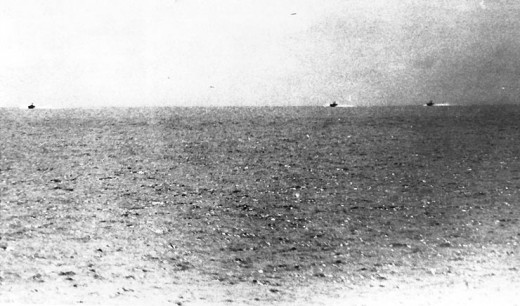
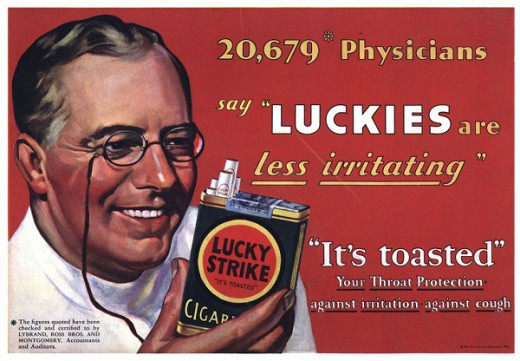
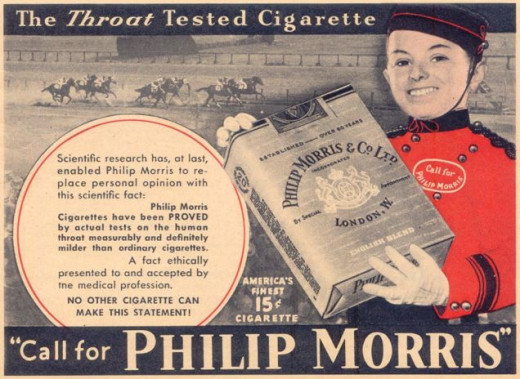

3 - Cigarettes are good for you...
... one of the deadliest lies ever told.
For more than half a century, the American cigarette industry concealed evidence that their products were an addictive, health hazard. In fact, cigarette companies used to promote “Coffin Nails” as healthy.
In the 1920s, Lucky Brand released an advertisement which stated that “20,679 physicians say ‘Luckies are less irritating” – claiming that their cigarettes protected against coughs. Philip Morris went even further: advertising that their cigarettes were recommended by physicians.
Cigarette brands used to prey on doctors, marketing directly to them in medical journals as well as sending them free samples. For years they fooled physicians, and thus helped cover up the fact that smoking was killing people.
Somewhat unbelievably, one of the first groups to publicly make the link cigarettes to lung cancer was the Nazis. During his time as leader of Germany, Adolf Hitler was the most prominent anti-smoker in the world. However, before Nazi Germany it was King James I of England in 1604 who took a strong stance against smoking, through the publication of an anti-smoking treatise. Not long after him, in 1633, Sultan Murad IV of the Ottoman Empire prohibited the practice entirely (even executing those who continued the habit!). So, the United States of America - through their misleading advertisements - were somewhat behind when it came to identifying the consequences of smoking.
4 - The Protocols of the Wise Elders of Zion ...
… one of the most destructive, if not the worst lie in history.
Written in Russia in 1903, this pamphlet details an alleged secret meeting of elder Jewish leaders during which they discussed their plan for global domination. Containing substantial details of an international cabal of Jews plotting takeover, The Protocols would seem convincing enough - even to the modern reader.
It was initially publicized on the eve of the first anti-Jewish pogroms Russia would experience in the 20th century, in which thousands of Jews either died or fled the country. Moreover, Henry Ford used the pamphlet to promote and spread anti-Semitism in the US, printing 500,000 copies and pushing them into circulation. In addition, The Protocols helped to justify the first American “Red Scare” during which the Bolsheviks were believed to be Jewish elders at work.

In Europe, it also became very popular, especially in Germany where Kaiser Wilhelm II was known to read it aloud to his dinner guests. Hitler also used this pamphlet, citing it as a prime source to justify his extermination of the Jews. As he wrote in Mein Kampf: “to what extent the whole existence of [the Jews] is based on a continuous lie is shown incomparably by the Protocols of the Wise Men of Zion.”
Even today, in the middle-east and elsewhere, it is still used as a source to draw hatred and fuel anti-Semitism.

5 - Ultra ...
... one of the most important lies ever told.
During the Second World War, the Allies cracked the German Enigma Code. Although the "unbreakable" Nazi code had been initially broken by the Polish Cipher Bureau in 1932, it was under the command of ingenious mathematicians including Alan Turing and the British Intelligence Service that the code was able to be re-broken and kept a secret after Germany had redesigned it in response to its earlier decryption.
The use and implementation of the discovered methods of decryption became collectively known as Ultra. The base of operations was the Government Code and Cypher School located at Bletchley Park, England.
Keeping the knowledge of Enigma secret from Germany was the British Intelligence Service's ultimate priority. As such, whenever a code revealing the location of an enemy ship or transport was decrypted, reconnaissance planes and submarines were deployed so as to investigate before the attack. The consequence was that the enemy would believe that they had been discovered by spies, rather than by Ultra.
On one occasion, however, the Allies' ability to keep Ultra top secret was threatened. During a crucial moment in the fighting, Ultra revealed that three Axis ships were sailing from Naples to deliver supplies to troops in Africa. It was the perfect moment to strike the enemy, but there was not enough time to deploy spy planes. Somewhat riskily, Churchill approved the attack regardless. Realising the necessity of the moment, he did not hesitate. After the successful campaign, Churchill sent a message to a false spy congratulating him on the discovery of the ships in Italy. The Germans intercepted and believed – Ultra remained a secret and would stay so for the remainder of the war.
Since Ultra was declassified in the mid-1970s, historians have had the responsibility of rewriting the historiography of World War II. In the words of F. W. Winterbotham, the first author to outline the influence of Enigma decryption:
"Let no one be fooled by the spate of television films and propaganda which has made the war seem like some great triumphant epic. It was, in fact, a very narrow shave, and the reader may like to ponder [...] whether [...] we might have won [without] Ultra."



